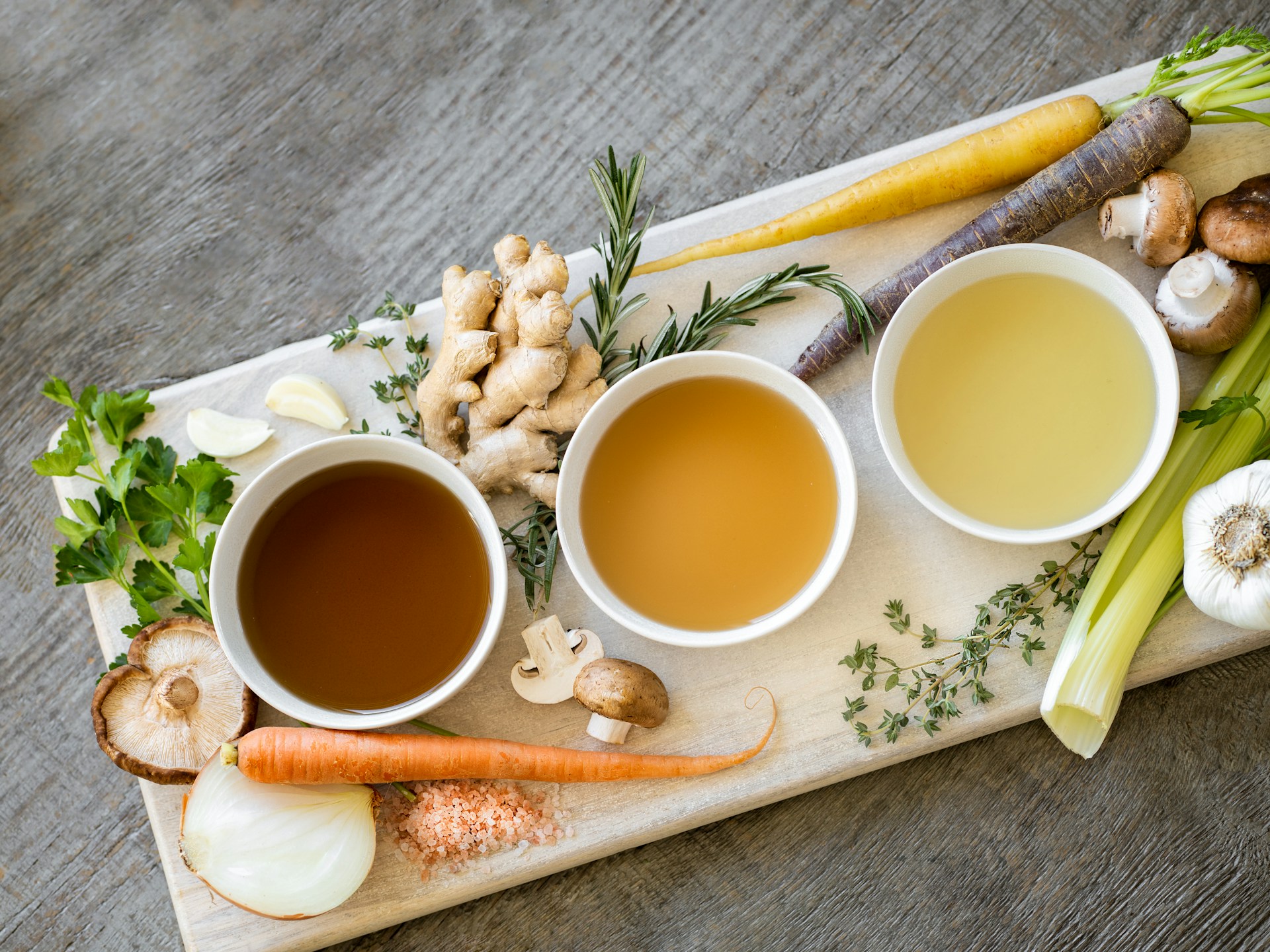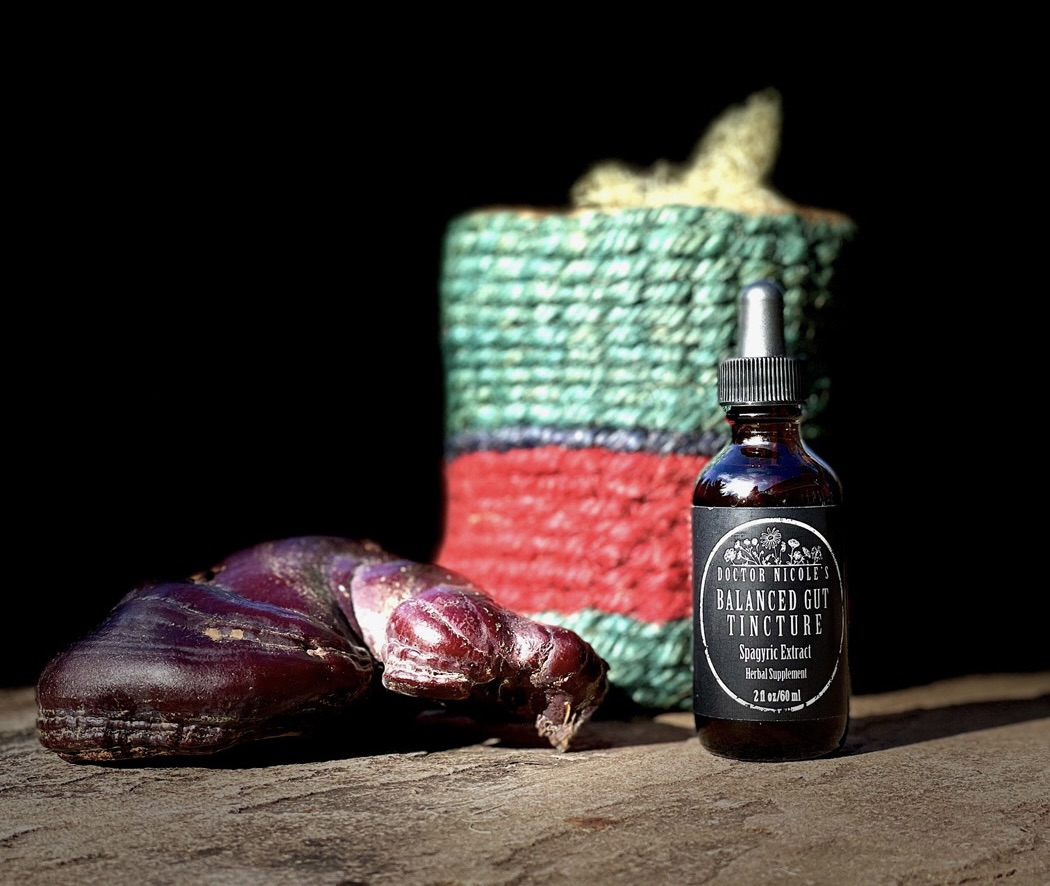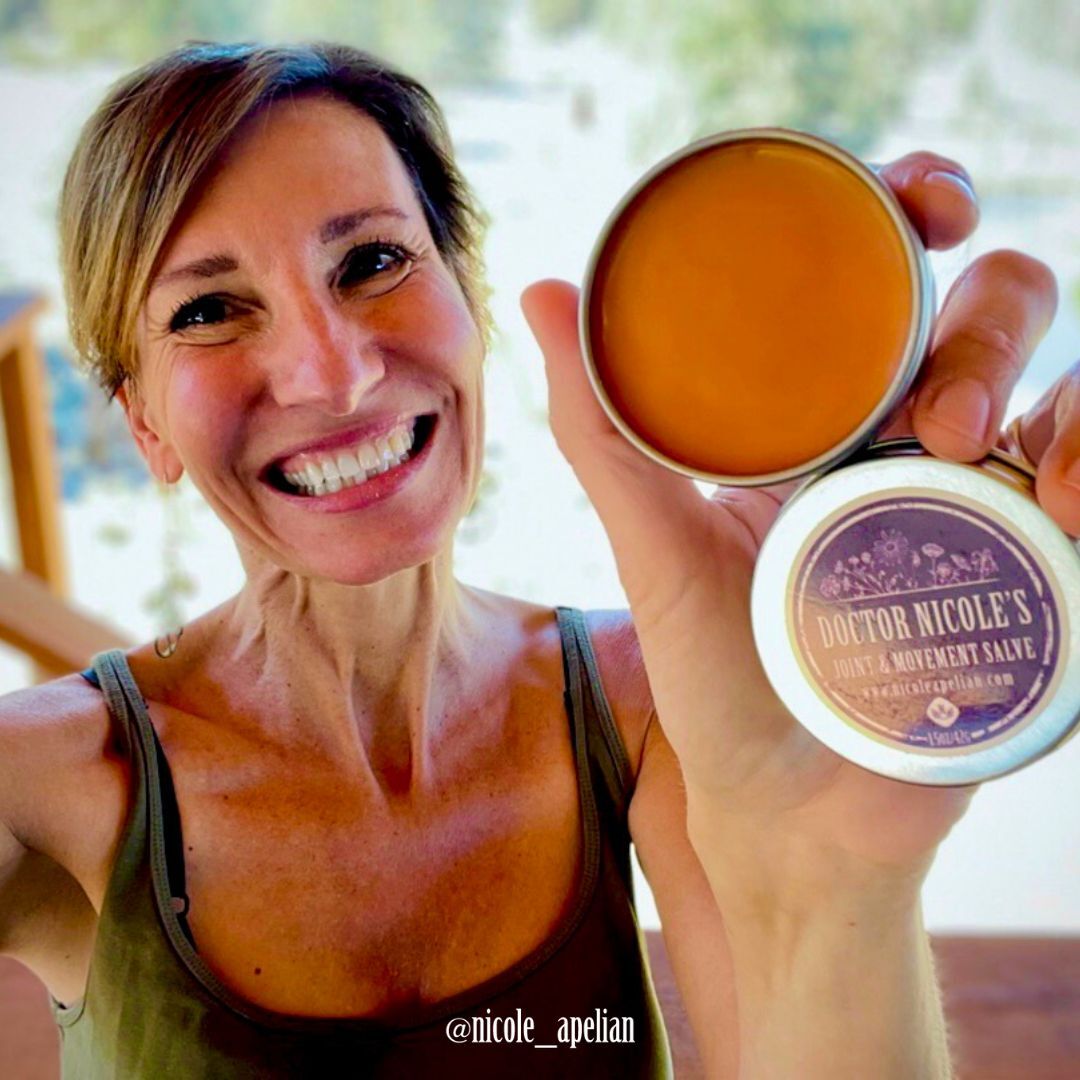
Why You Should Eat More Collagen
Collagen: The Ultimate Superfood?
As the most abundant protein in your body, collagen is found in the connective tissues (tendons, skin, and muscles) and helps to strengthen your bones. As we age it becomes harder for the body to produce it and the collagen already present begins to break down. This can lead to poor muscle tone, sagging skin, weaker bones, and stiffness in the joints. This is why many turn to collagen supplements and bone broth to boost their levels of this essential protein. Proponents claim both can improve skin health, relieve joint pain, prevent bone loss, increase muscle mass, support gut health, and promote weight loss. But what does the science have to say? Here’s why you should eat more collagen:
Wrinkles and Sagging Skin
One of the more popular uses of collagen is to plump the skin, reduce sagging, and combat wrinkles. A review looking at numerous studies on the effects collagen supplements have on aging skin found that women taking 1-12 grams of collagen per day for 4-12 weeks did in fact experience improved skin hydration and elasticity.
Another review published in April of this year found that “Marine collagen’s unique properties, such as promoting osteogenesis, collagen synthesis, and anti-inflammation, highlight its pivotal roles in accelerating the healing process, promoting skin health, and maintaining free radical homeostasis.”
Additionally, research in the journal Nutrients established collagen peptides “have demonstrated beneficial effects on skin photoaging … [and our results] suggest that collagen peptides from bovine bone and proline are potential dietary supplements for use against skin aging in chronologically aged process.”
Joint Health
Including plenty of collagen in your diet can also lower your risk of developing osteoarthritis (OA) and help reduce overall joint pain. A 2018 meta-analysis found oral collagen treatments significantly reduced OA symptoms — including pain and stiffness. The team believes supplemental collagen may stimulate your body to produce more collagen overall, which may explain why those who take it regularly experience lower inflammation, reduced pain, and better joint health.

Strong Bones
Did you know your bones are mainly made up of collagen? It’s true! And since collagen production declines as we age, it is especially important to replenish it if you would like to lower your risk of osteoporosis.
A year-long, randomized-controlled study involving postmenopausal women found that those who took a calcium, vitamin D, and collagen supplement each day had much lower levels of compounds in the blood that indicate bone breakdown, compared to those who only took calcium and vitamin D.
How about only taking a collagen supplement without additional calcium or vitamin D? Researchers decided to find out if collagen only supplementation impacted bone density and concluded:
“…the findings of this trial demonstrate that supplementation with 5 g of specific collagen peptides significantly increases bone mineral density of the lumbar spine and the femoral neck as well as blood levels of the bone marker, P1NP, in postmenopausal women with age-related decline in BMD.”
During the study, bone mineral density was increased by an impressive seven percent with collagen alone.
Increased Muscle Mass and Weight Loss
Collagen is also an outstanding source of glycine, an essential amino acid which helps your muscles convert sugar into fuel. Retaining muscle mass — especially as we get older — is exceedingly important as it not only helps to support your skeletal frame, but also burns more calories than fat to keep your metabolism strong. Another crucial benefit is that glycine protects your liver from harmful toxins and helps it to regenerate from damage. It also has a calming effect on the brain and may help you to fall asleep faster and sleep longer.
Improved Gut Health
If you have gut issues, collagen is an excellent remedy. It soothes and heals the digestive tract, while promoting healthy gut function and motility. Research has found supplementing with collagen can help ease gastrointestinal conditions — such as IBS, acid reflux, Crohn’s disease, ulcerative colitis, and leaky gut.11

Bone Broth Recipe
Since bone broth is a rich source of collagen and essential minerals, I’m including a simple recipe you can make at home. It’s easier than you may think!
- 1 gallon of purified water
- 3 tbsp apple cider vinegar
- 2-5 pounds of animal bones, preferably from pastured animals
- Salt and preferred spices to taste
Place all ingredients in a ceramic slow cooker or a large, non-reactive pot. Bring to a boil, then reduce to a low simmer and cook for 12-24 hours. Try to aim for the longer end of this range as it will pull more beneficial nutrients from the bones. Once finished, strain out the solids and place your broth in storage containers. Bell canning jars are an excellent option, but make sure to leave room at the top of the jar if you plan to freeze the broth. Let cool completely before adding the lid. Store for up to four days in the refrigerator, several months if frozen.
Potential Side Effects
Since collagen supplements are sometimes sourced from fish, shellfish, and eggs, it is important to check labels if you have allergies to any of these foods.
If you are prone to kidney stones, avoid collagen supplements and bone broth as both contain an amino acid by the name of hydroxyproline, which converts to oxalates in the body. Oxalates are known to promote the formation of kidney stones.
Additional Gut Support
A perfect complement to collagen supplements and bone broth, our Balanced Gut Blend is a powerful ally for promoting overall gut health. It contains the following medicinal herbs:
REISHI MUSHROOM
- Helps leaky gut through anti-inflammatory action
- High in beneficial beta-glucans, glycoproteins, and triterpenes to support gut health
You can get the Reishi Mushroom Tincture – also called the mushroom of immortality – separately from my apothecary, here.
TURKEY TAIL MUSHROOM
- Calms inflammation
- Excellent source of prebiotics for encouraging a healthy microbiome by controlling the overgrowth of candida, while also feeding the “good” bacteria in the gut
I have also prepared the Turkey Tail Mushroom in case you don’t have the time or energy to make the tincture yourself. You can grab one here!
PLANTAIN
- Anti-inflammatory
- Soothes mucous membranes
SLIPPERY ELM AND MARSHMALLOW ROOT
- Forms a protective layer that helps the gut to regenerate
LION’S MANE MUSHROOM
- High in antioxidants that cool the inflammatory response
Here’s the Lion’s Mane Mushroom Tincture I made. Check out its individual cognitive-related benefits here!
Are you ready to take your health to the next level? Visit the apothecary today to learn more about our Balanced Gut Blend and many other beneficial herbal extracts.





You didn’t say how to take or how much of the bone broth is needed on a daily basis.
Hi, I am vegetarian, No Bones, Cow’s have perfect and strong Bones and they also vegetarian.
There must be a better recipe
There is no vegetarian or vegan source of collagen.
Of course there is. All vegetarian animals have strong bones.
Can this be canned to have a loger shelf life?
Should’ve been LONGER shelf life.
Thank you for all you heat inflating. I have Scleroderma and am wary of taking Collagen supplements. What do you think?
I take it and make my own.
Be very careful if it contains HA (Hyarulonic Acid) in the cases you have sclerosis or Scleroderma.
For the mushroom tinctures, may I use mushroom powder?
Yes, but be very careful with too much Hyarolonic Acid in products that are consumed, especially if you have arthritis, scelrosis or in the more conditioned MS, as I read from a detailed new scientific report that it can cause the cells to get too thick and less functioning (if consumed as edible tablets) and then -more stiffness- occurs on the patients, especially those with sclerosis. Check for any pre-conditions before taking collagen that includes that chemical addition HA.
Any recommendations for a collagen powder?